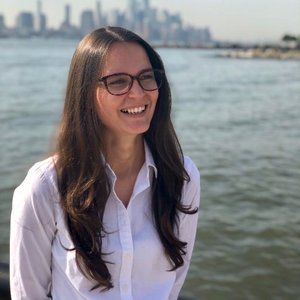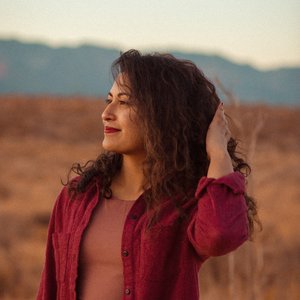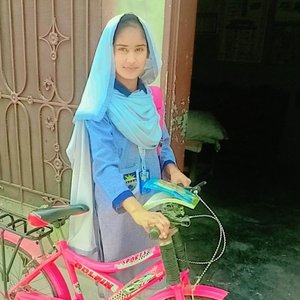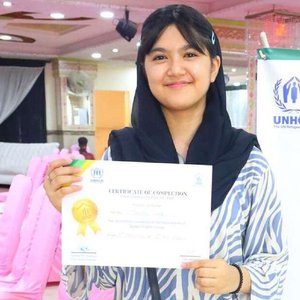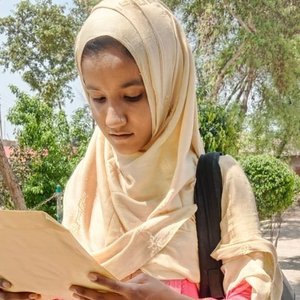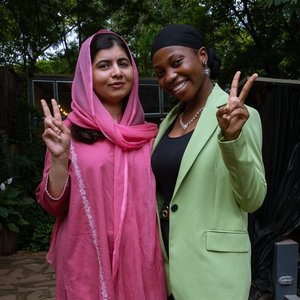Holy cow! A cattle-shaped solar power station is helping children stay in school
Sen Change founded solar energy firm YOLK to make solar energy more accessible to everyone. (Courtesy of YOLK)
South Korean entrepreneur Sen Chang provides parents with free electricity when they send their children to school.
Outside of Chemoril Primary School in northwestern Kenya sits the frame of a steel cow. It’s not a jungle gym (although students have been known to climb on it). It’s a solar power charging station that is helping children stay in school. Meet the Solar Cow.
Created by Sen Chang, CEO of South Korean solar energy firm YOLK, the Solar Cow initiative provides parents with free electricity in exchange for sending their children to school. Sen founded YOLK to make solar energy more accessible to everyone. After first developing Solar Paper, one of the thinnest and lightest solar chargers in the world, she decided to focus YOLK’s efforts on using solar energy to address challenges in developing countries. Looking at communities with high rates of child labour and infrequent access to electricity, Sen saw an opportunity to solve both problems. Enter the Solar Cow.
(Courtesy of YOLK)
Here’s how the initiative works: Each student receives a portable 10-watt battery (shaped like a milk bottle) called Power Milk. When students arrive at school, they plug their Power Milk batteries into the Solar Cow, which charges the batteries using solar panels. After school is over, students pick up their charged Power Milk batteries and bring them home. The battery capacity is large enough to cover families’ basic energy needs, including lighting, radio and charging gadgets like cell phones.
“Receiving energy in the form of Power Milk batteries provides families with in-kind compensation for sending children to school, given that purchase of kerosene and electricity could otherwise account for 20% of households’ budgets,” Sen explains. In Kenya — where 35% of children ages 5 to 14 work — this means it is more cost-effective for parents to send their children to school and receive free electricity than it is to send them to work. Since implementing the Solar Cow in December 2018, Chemoril School reports increased enrolment rates of new students and better attendance.
Sen hopes to expand the Solar Cow iniative across Africa and Asia to reach more communities affected by child labour. She and her team at YOLK used a modular design for the Solar Cow, which allows for the parts to function independently and also in combination. This method requires less maintenance and allows YOLK to customise each cow depending on school size.
A product design major at university, Sen credits her education with preparing her to take on the challenges of being a clean energy entrepreneur. “As designers are trained to present a creative solution by looking at problems from different perspectives, I think such has helped me to start a business and make innovative projects such as Solar Paper and Solar Cow,” she shares.
Sen was initially attracted to working in solar energy because of its incredible potential. “The sun delivers more energy on Earth in an hour than humanity’s entire usage over a year,” she explains. “The fact that such enormous energy is being given every day suggests infinite possibilities.”
(Courtesy of YOLK)
Under Sen’s leadership, YOLK is on its way to becoming one of the most exciting brands in the field. The company recently received the 2019 Innovation Award at the Consumer Electronics Show (CES) and was a finalist for Start-Up of the Year at the Green Awards, one of the world’s largest sustainability awards.
If the success at Chemoril School is any indication, it looks like there are only green pastures ahead for Sen and the Solar Cow initiative.
 Read more
Read more










